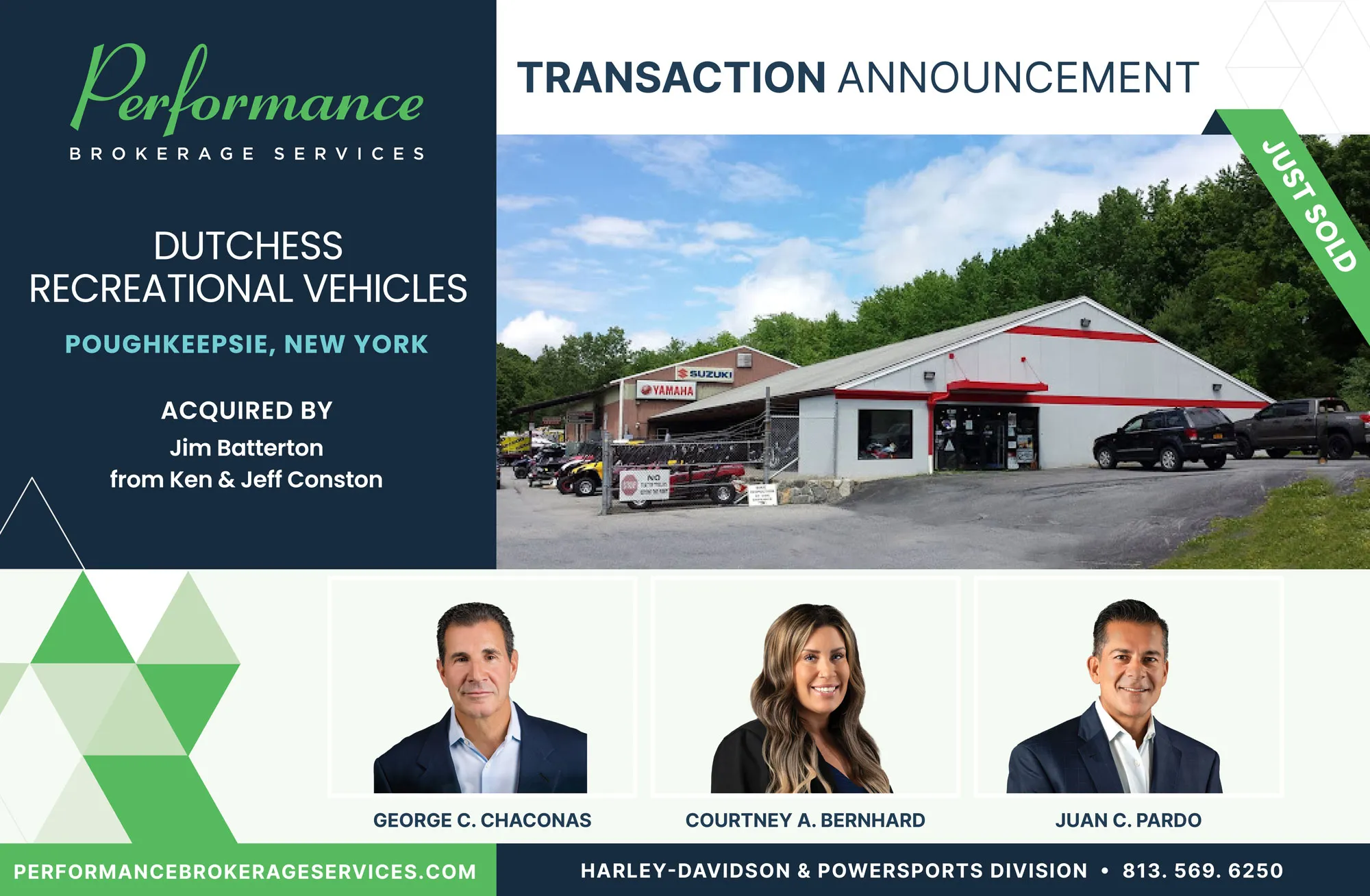Conservation easements require strict substantiation rules
The Internal Revenue Code allows taxpayers to take a charitable deduction for a qualified conservation contribution. But satisfying the requirements for that deduction without solid expert input is difficult, as the taxpayer in Scheidelman v. Commissioner learned.
Taxpayer seeks deduction
Huda Scheidelman donated a façade conservation easement on her brownstone row house in Brooklyn’s historic Fort Greene neighborhood to the National Architectural Trust (NAT).
The easement:
- Prohibited Scheidelman from altering the façade without the NAT’s permission,
- Required Scheidelman to maintain the façade and the rest of the structure,
- Gave the NAT the right to inspect and to require Scheidelman to cure any violations of her obligations, and
- Ran with the land in perpetuity.
Scheidelman obtained an appraisal of the easement from Michael Drazner, an expert on a NAT list of qualified appraisers. He used the before-and-after method, deducting the value of the building with the easement from the value of the building without it. He reached the former amount by applying an 11.33% discount to “before” value, based on consideration of the range of value that the IRS has historically found to be acceptable as well as historical precedents. Drazner ultimately valued the easement at $115,000.
Scheidelman claimed that amount as a deduction on her tax return, and the IRS challenged it. The IRS argued that the appraisal wasn’t a “qualified appraisal” under the applicable tax regulations because it failed to state the method and basis of valuation.
The Tax Court upheld the dis-allowances, but the Second Circuit Court of Appeals vacated and remanded the case. It held that the appraisal met the minimal “qualified appraisal” requirements but noted that the Tax Court didn’t have to find the appraisal persuasive or allow any deduction for the donated easement.
Denied again
The Second Circuit directed the Tax Court to determine on remand whether the taxpayer satisfied her burden of proving the easement’s fair market value (FMV). The Tax Court began with Drazner’s appraisal. It faulted his report for deriving the 11.33% discount not from reliable market data or specific attributes of Scheidelman’s property, but from his analysis of what the courts and IRS had allowed in prior cases. The court held that the report wasn’t based on sufficient facts or data and wasn’t the product of a reliable methodology.
The court also examined the evidence presented by Michael Ehrmann, who testified in court for the taxpayer. It found that the information he relied on came from the NAT. His report didn’t accurately describe the easement but instead was a summary of his knowledge about the NAT easement program. Moreover, he relied on outdated information rather than contemporaneous inspection and used alleged comparables from outside the property’s area. Ehrmann’s testimony, the court said, “had all the earmarks of overzealous advocacy in support of NAT’s marketing program.”
The testimony of the IRS’s experts struck the court as much more persuasive. The first expert considered the easement terms, zoning laws and the real estate market in the neighborhood, among other factors, and concluded that an easement wouldn’t materially affect the value of Scheidelman’s property.
Another IRS expert took a different approach, based on condemnation techniques (used when governments take property by eminent domain). The expert also determined that the easement didn’t materially affect the property’s FMV. The court, therefore, held that the easement had no value for charitable contribution purposes.
Beyond qualifications
Expert qualifications are important. But, as the Tax Court observed, expert opinions that disregard relevant facts affecting valuation, or that excessively exaggerate value, are rejected by courts even when they come from qualified appraisers.
This article was written and published by Dennis Frankeberger, CPA/CFF, CFE 909-597-1100.
The Partners of Frankeberger Vausher + Company, CPAs and Litigation Consultants, have in excess of 35 years professional litigation and expert witness experience. We consult with clients, their attorneys and or accountants on the matters listed above in support of confrontational issues requiring settlement and or potential equitable adjustments. We have the technical expertise to analyze complex situations, assist with discovery, and render independent, professional opinions.
Frankeberger Vausher + Company includes CPAs, Forensic Accountants, Certified Fraud Examiners, and includes an expert with a Master’s Degree in Taxation. Dennis Frankeberger – Managing Partner, is also the Chairman of the Board of Advisors to The Leventhal School of Accounting at the University of Southern California. He has lectured extensively regarding matters of Internal Control, Discovery, Fraud, Ethics and Taxation.
- Litigation and Arbitration – Wrongful Employment Termination
- Lost Profit Analysis – Business Damages
- Mergers & Acquisitions – Lost Earnings
- Business Valuations – Due Diligence
- Contract Disputes – Wrongful Franchise Termination
- Forensic Accounting – Fraud & Embezzlement Investigation
- Family Law – Expert Witness Testimony
For more information, please contact Dennis Frankeberger, CPA/CFF, CFE 909-597-1100
Email address: FV@FVCPAs.com
Website: www.FVCPA.com


